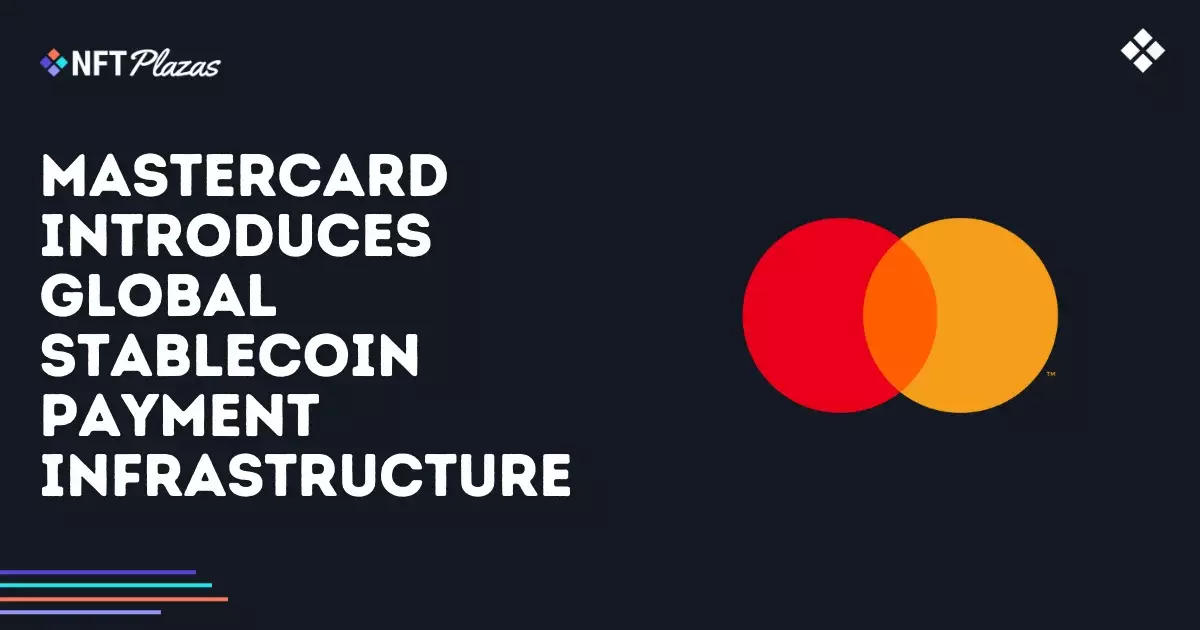Ubisoft, a titan in the gaming industry, has made a daring leap by launching its Decentralized Verification Network (DVN). This innovative protocol sets out to revolutionize how digital assets are transferred across blockchain networks, heralding a new era in the gaming community. Developed in partnership with LayerZero, the DVN aims to resolve long-standing issues related to asset portability and ownership integrity. What’s particularly striking is not just the innovation but the calculated risk Ubisoft is taking by positioning itself as an industry leader in what some would deem a volatile marketplace.
Addressing Critical Challenges
The gaming world has often struggled with the seamless transfer of digital items. With this new protocol, Ubisoft is striving to eliminate those friction points that have long plagued cross-platform gameplay. The DVN facilitates movement between over 130 popular blockchains, including Ethereum and Solana, demonstrating that Ubisoft is serious about interconnectivity within gaming ecosystems. This ambition goes beyond mere technicalities; it reflects an understanding that modern gamers demand a streamlined experience, something that has long been a missing puzzle piece in blockchain gaming.
Flexibility and Choice Empower Developers
One of the standout features of the DVN is its permissionless nature, allowing any entity to create a verification network tailored to specific applications. This level of adaptability empowered by diverse security setups offers developers more freedom than the traditional rigid models typically impose. In a rapidly evolving market, flexibility is not a luxury but a necessity. Ubisoft’s willingness to embrace this principle indicates a forward-thinking strategy that could reshape the landscape for game developers, who often feel constrained by conventional security measures.
Potential Pitfalls of Blockchain Gaming
While this endeavor seems promising on the surface, the realities of blockchain gaming are murky. There is an inherent skepticism about whether the current hype surrounding NFTs and digital ownership can translate into meaningful gaming experiences. Despite Ubisoft’s trailblazing efforts, it risks alienating traditional gamers who may be turned off by the complexities of blockchain technology. The potential for confusion, especially when multiple networks are involved, cannot be overstated. Skeptics might argue that the drive for decentralization could complicate the user experience rather than enhance it.
Long-Term Vision: A New Paradigm
Ubisoft’s commitment to blockchain technology isn’t new; it began exploring this territory back in 2021. However, with the DVN, the company appears to be laying groundwork for a sustainable model for future games. Titles like Might & Magic: Fates, slated for release in 2025, hint at an ongoing strategy to integrate blockchain into mainstream gaming. The stakes are high, and the need for a solid execution is paramount. If successful, Ubisoft could not only redefine its role in the gaming industry but also set standards that others may find difficult to meet.
To conclude, Ubisoft’s new initiative reflects a bold vision that could very well reshape the integration of blockchain into gaming, albeit with potential hurdles that need to be addressed. The drive towards a more interconnected gaming eco-system underlined by the DVN is stirring conversation, and it could mark a significant turning point for both the industry and its players.

